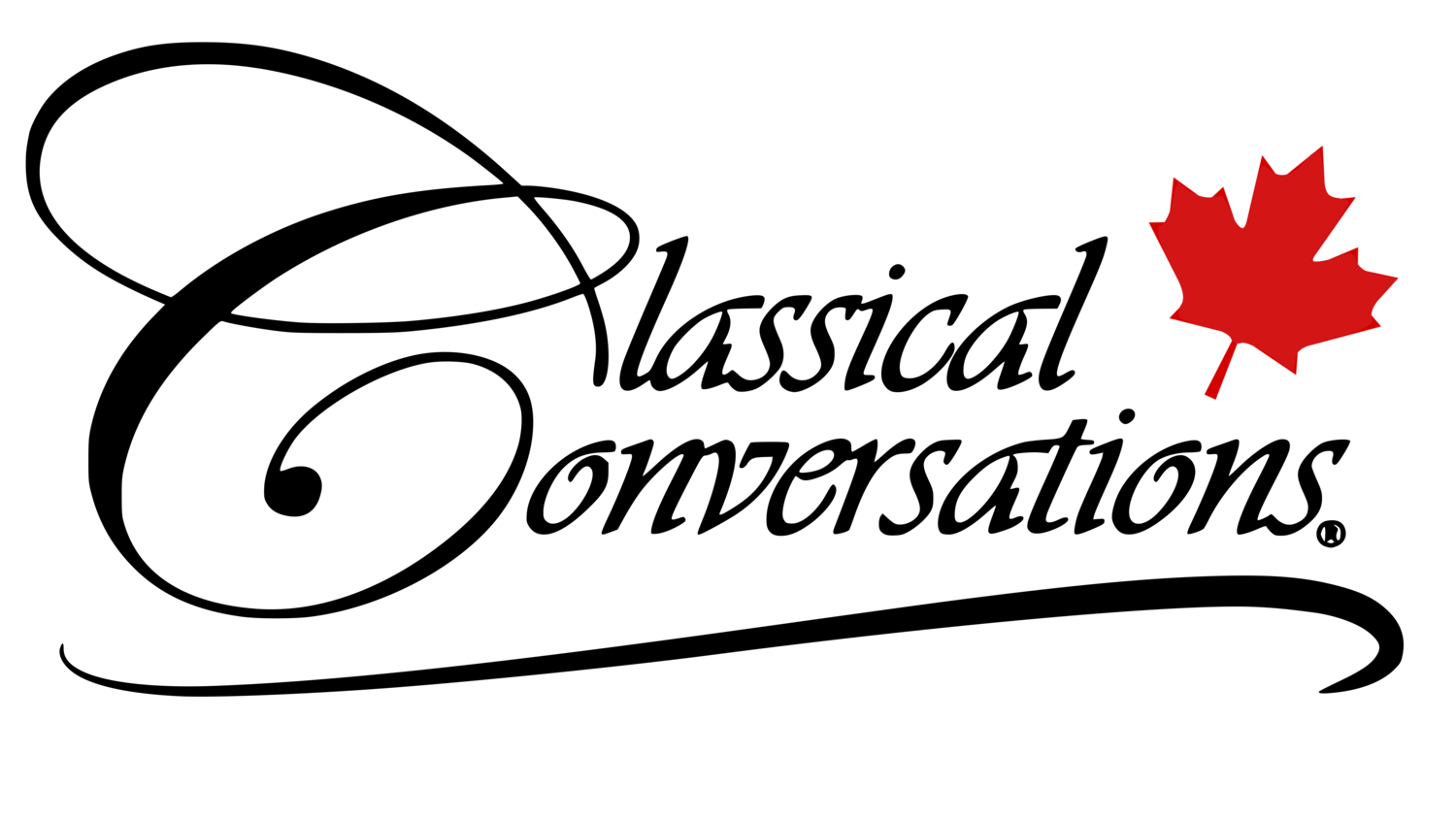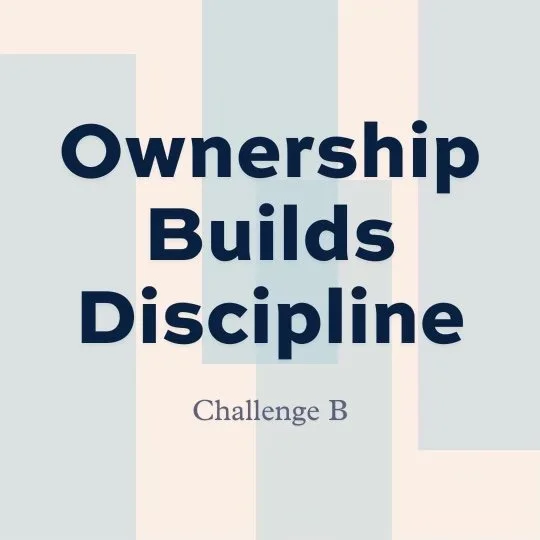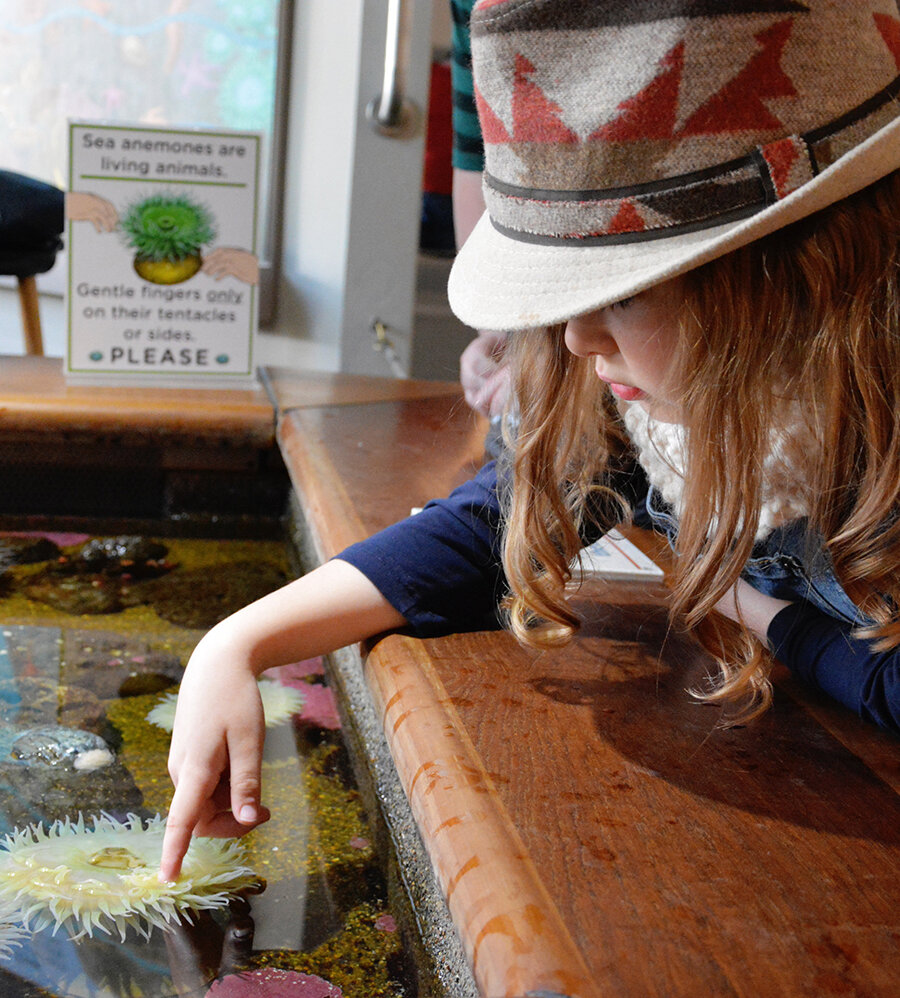
The Challenge B program
Ages 13+
Challenge B is a power-packed, Christian-based curriculum program where students are stretched to excel academically while engaging in activities like writing short stories for a class anthology and participating in Mock Trial. Challenge B becomes a milestone in students’ academic and personal homeschool growth. They begin the year as children and finish as young adults. Challenge B prepares students for the more rigorous course load and faster pacing of the high school-aged Challenges I through IV.
Ownership builds DISCIPLINE.
Students own their own work – but not their own education.
Through the literature, discussions, and their own experiences in Challenge B, students learn that ownership builds discipline. They read examples of people who took ownership of their own educations and succeeded. They see how much they can learn through researching and writing their own history of science. They see what great things can be accomplished when we work together as a group and each individual does his or her best. These are foundational principals that will serve students well as they prepare for high school and more independent work beyond.
As with our other programs, parents will appreciate the support and accountability provided by their local community. Four days of traditional homeschool is supplemented by one day meeting in a group setting, allowing these teenage students to present their work and wrestle through ideas with their peers, all while being guided by a Director who helps frame these conversations in a Christian worldview.
Exposition
The brightest minds are both investigative and inventive. This is a continuation of the literature seminar begun in Challenge A, and alternates between at-home and in-community study. In the first semester, focused on Newbery Literature, students review and build on the skills of the persuasive essay writing through practice in composition and through observation by reading from the Newbery children’s literature collection. Through invention, arrangement, and elocution, students practice the first three canons of rhetoric.
In the second semester, students transition to the adult reading level recommended in the higher Challenges by studying short stories from various famous writers they will encounter in Challenges I–IV. At home, students take the entire semester to write a short story of their own.
Grammar
Building on the foundation laid in Essentials and Challenge A, homeschool students continue honing the skill of learning a foreign language, with an emphasis on memorizing vocabulary, declensions, and conjugations. With time, practice, and self-discipline, Latin students develop solid study skills that transfer to other studies.
Debate
During the first semester, students explore a number of current events in order to practice research and debate. Looking at both sides of an argument allows students to develop the skills needed for critical thinking.
In the second semester, Mock Trial is the focus. The Director and students spend the second semester preparing a case to be heard in a county courthouse at the end of the semester. Students play roles as attorneys and witnesses for the prosecution and the defence. Students decide on the most effective way to present their case and perform it for their parents, friends, jury, and a judge. The skills gained in critical thinking, public speaking, and persuasive presentation help students prepare for the Challenge I debate seminar. This is a highlight of the Challenge B homeschool experience.
Research
There’s so much to explore through scientific inquiry. Students have a unique opportunity to spend the year studying science using purely classical methods. This interdisciplinary, community-based approach helps students integrate hard presentation skills with the subjects of history, science, writing, math and Latin.
Students move through the classical model, from grammar, to dialectic, to rhetoric, as they study the history of astronomy. The depth and breadth of study is driven by each individual’s spirit of inquiry and willingness to seek answers to their questions. In the first semester, these young adults spend fifteen weeks researching scientists who have left a mark on modern science.
In the second semester, students spend ten weeks reading and discussing the creation/evolution debate. The last five weeks are devoted to a simple section on chemistry, in which students study how to use the periodic table and build models of atoms.
Logic
Make sense of the world through the universal building blocks of math. Each week, students further their understanding in math as the conversation centers around the ideas of numbers, shapes, laws, relationships, operations, equality, and inequality. Students’ work centers around the universal math building blocks of pre-algebra.
Reasoning
All good arguments require careful critical reasoning. The first semester is an introduction to the vocabulary and concepts of informal logic. Purposefully simple in scope, this semester allows students to review the vocabulary and lessons repeatedly. The second semester introduces concepts of formal and propositional logic. Students walk step-by-step through the process of learning truth tables and formal proofs.



